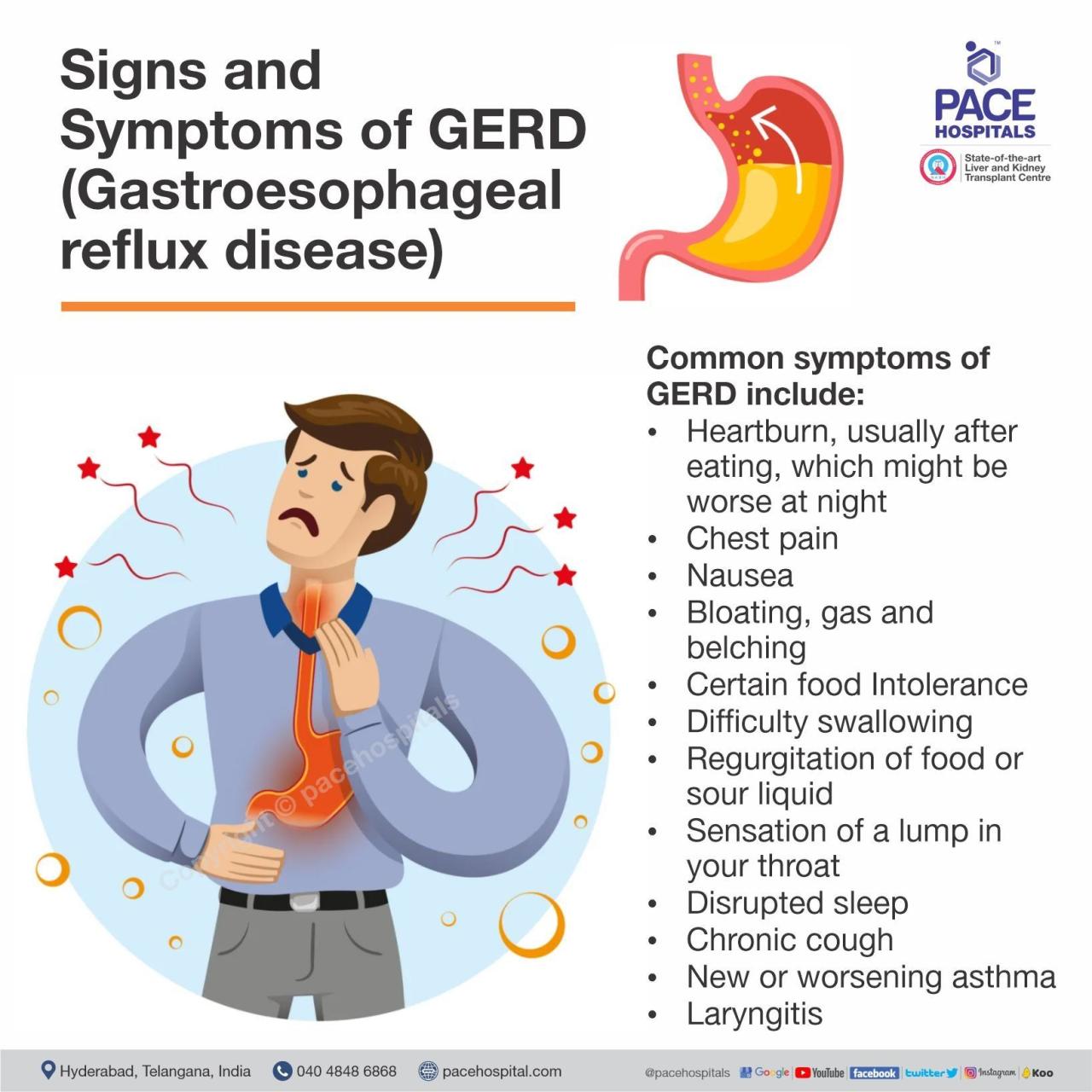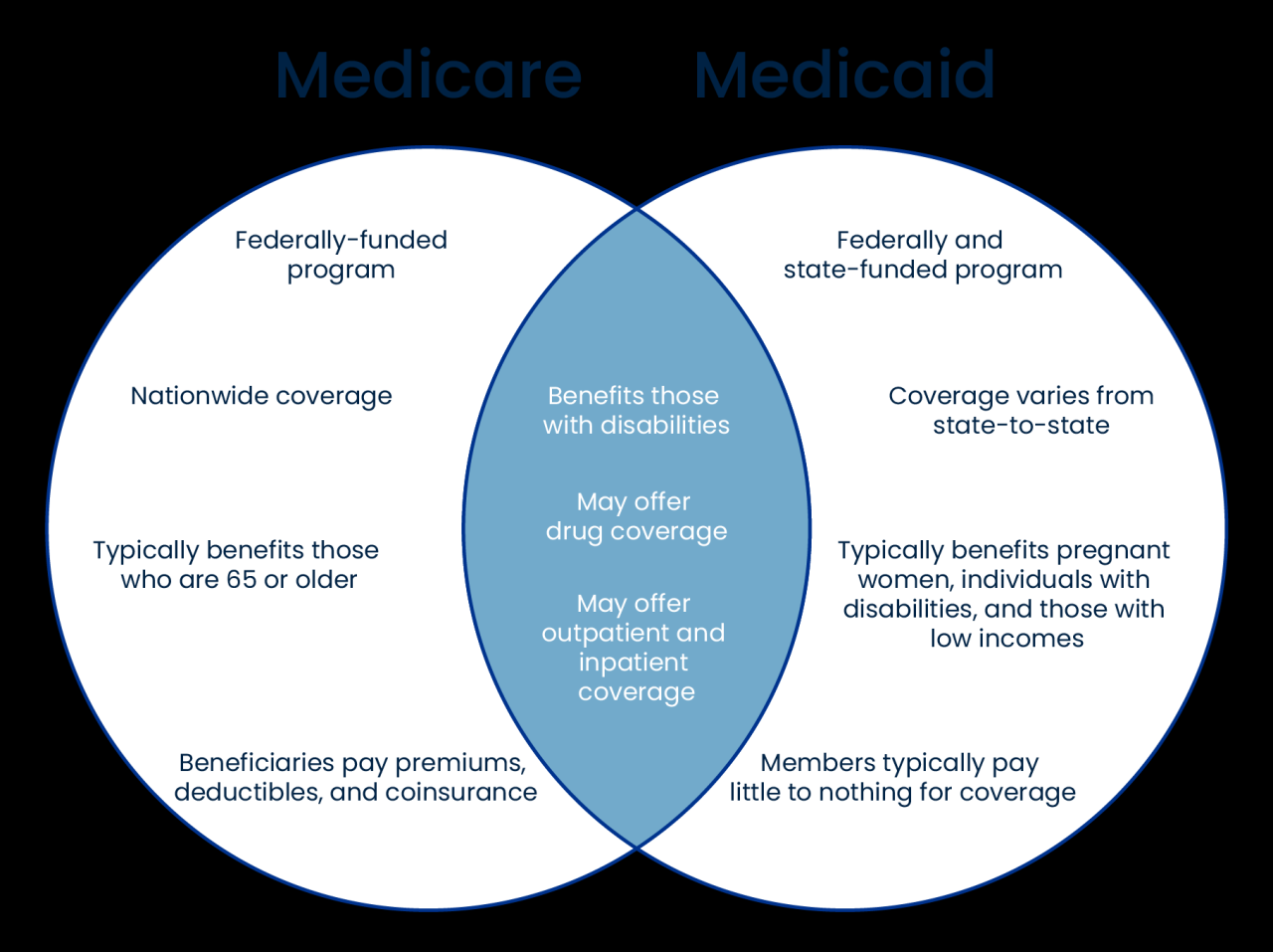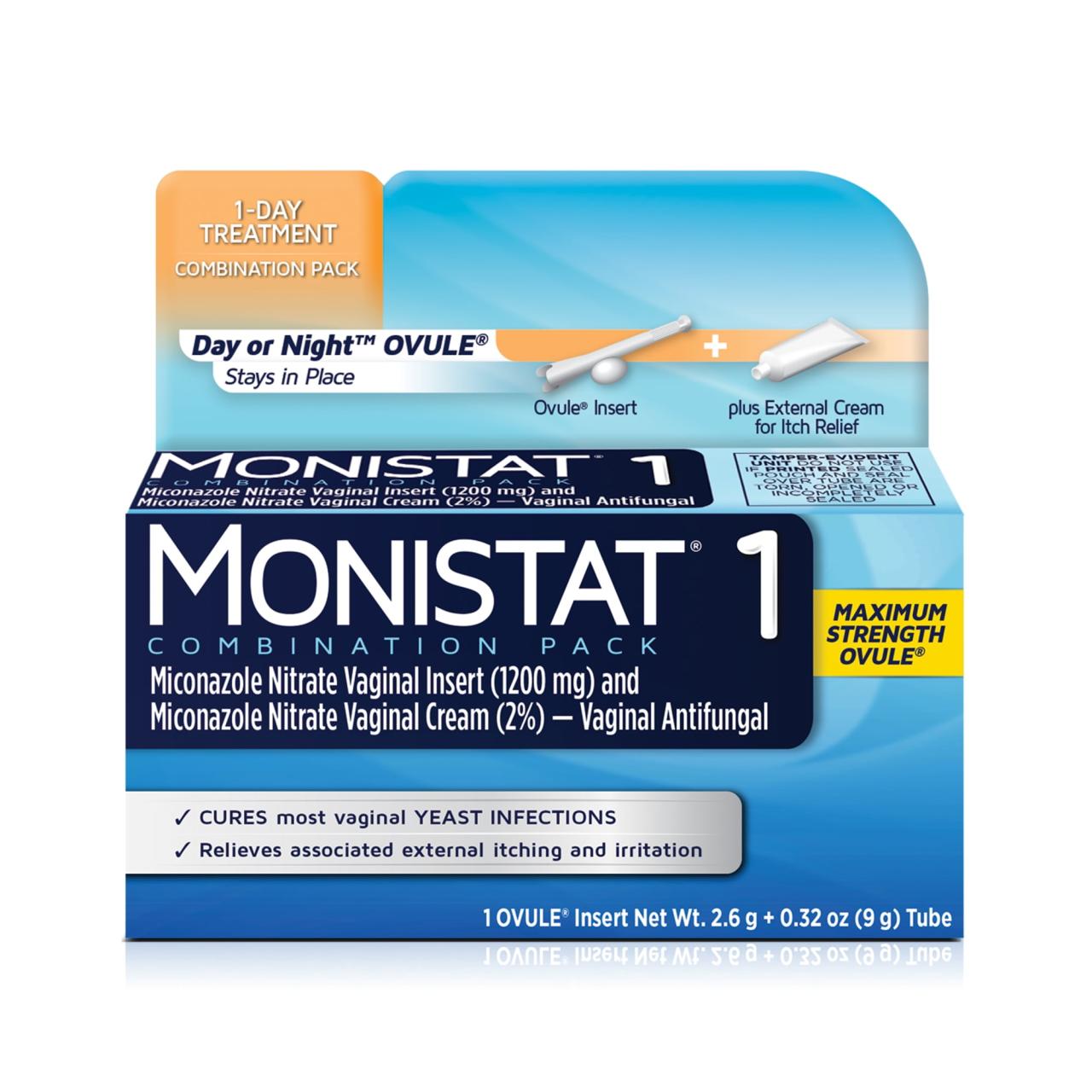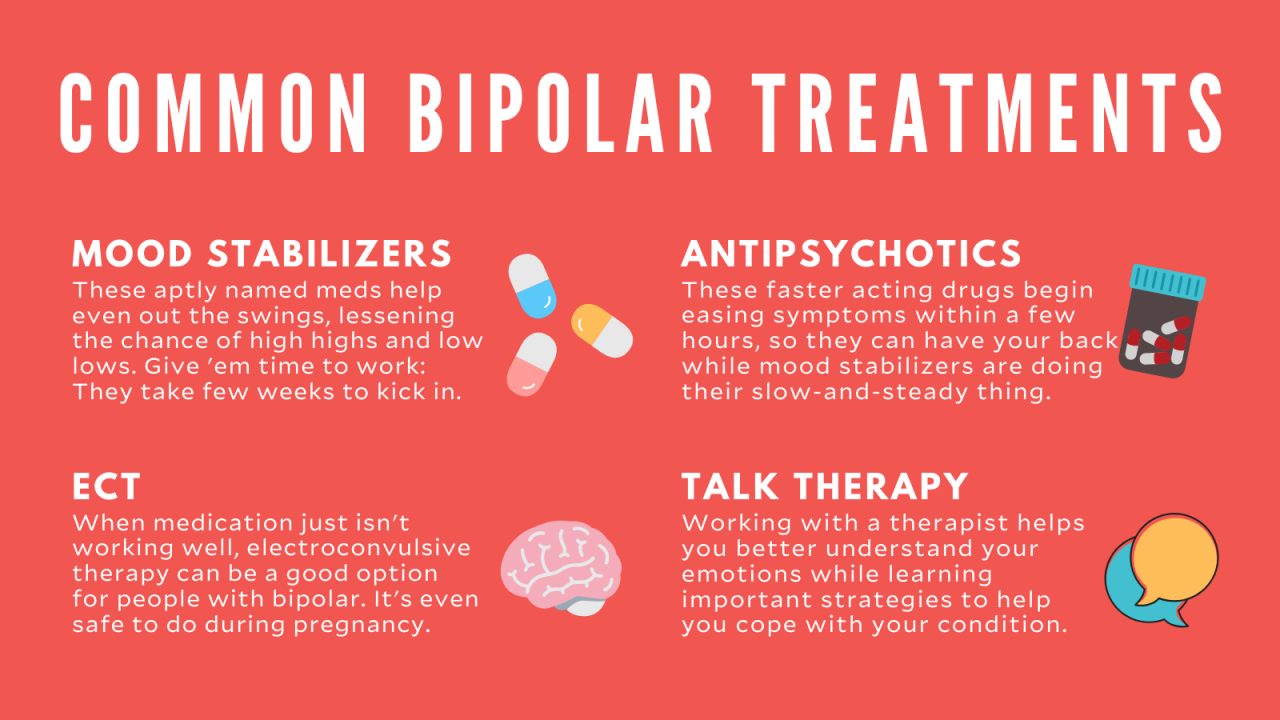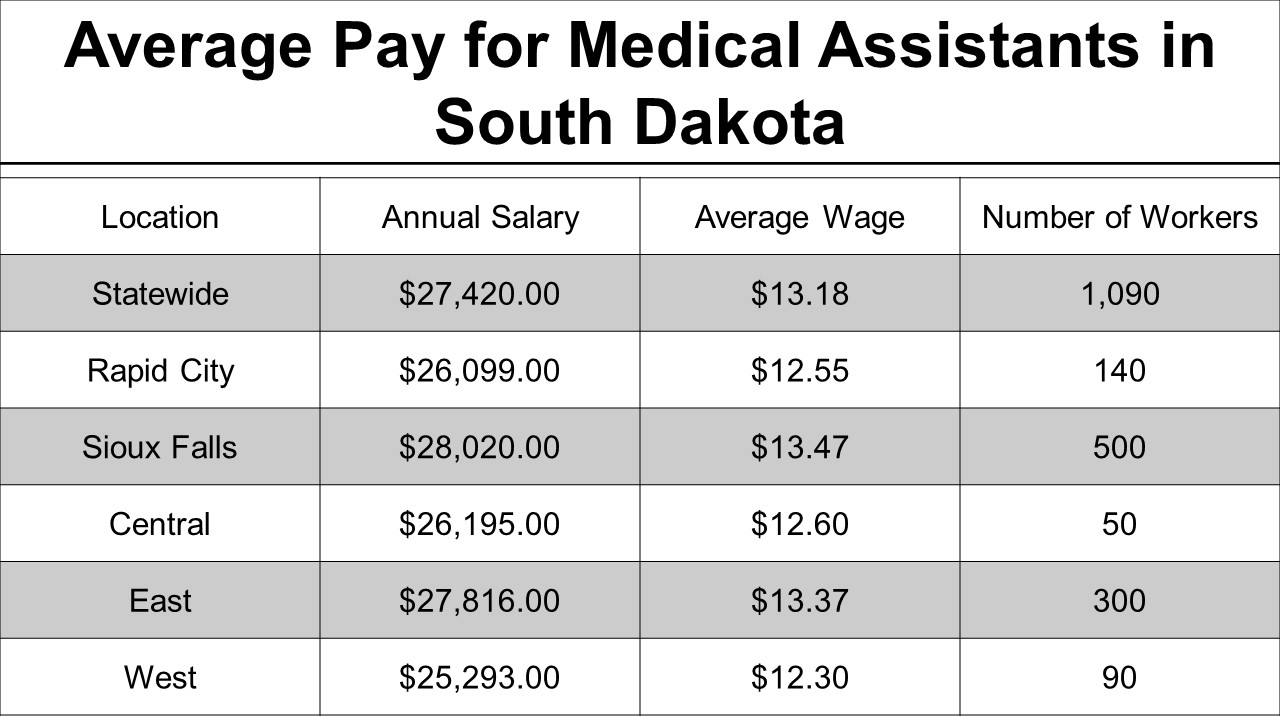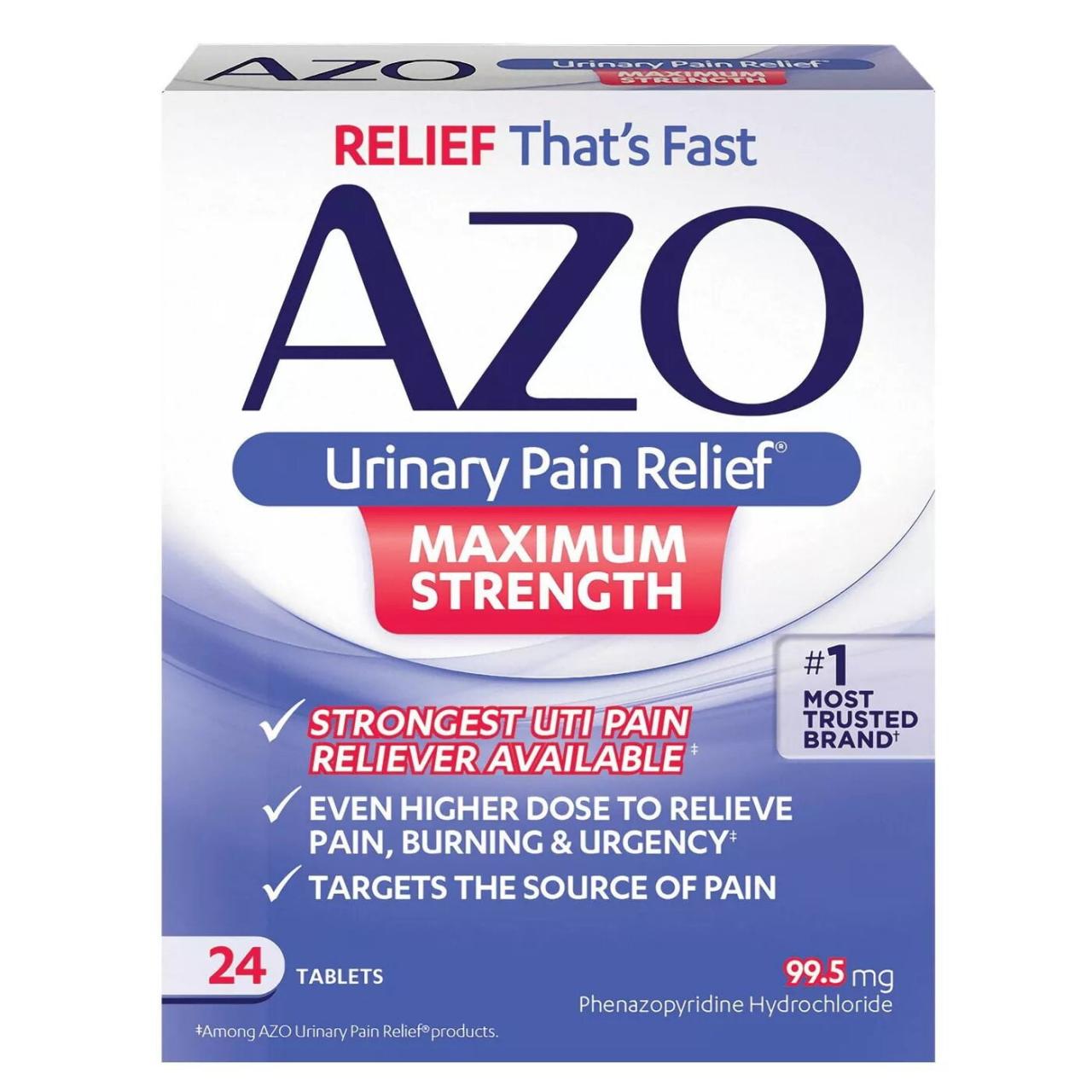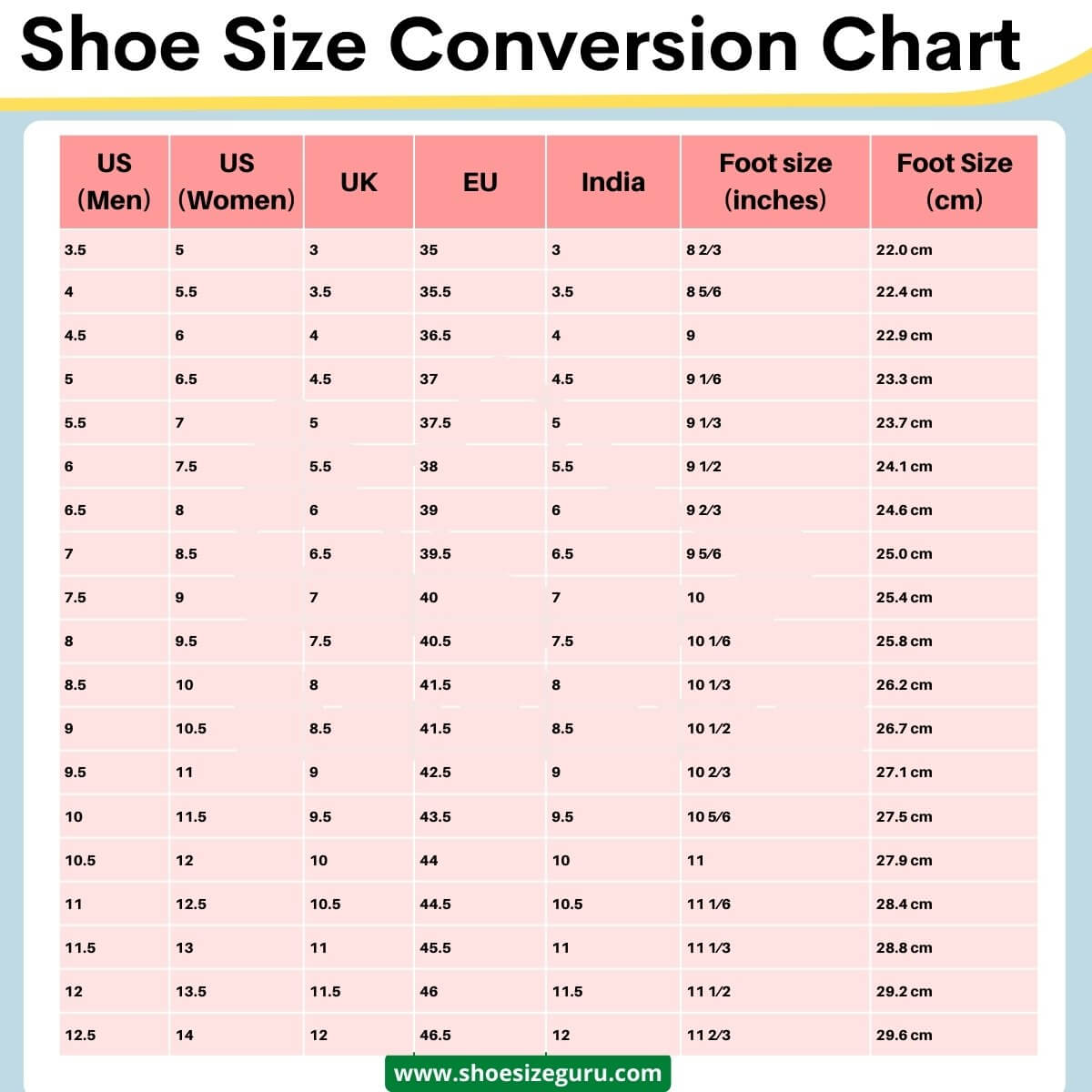Nausea medication offers a lifeline for those battling the unpleasant sensation of nausea. Whether it’s a bout of motion sickness, a stomach bug, or the side effect of a medical treatment, nausea can significantly disrupt daily life. This guide delves into the diverse world of nausea medications, exploring various types, their mechanisms of action, and potential side effects.
We’ll uncover the root causes of nausea, ranging from medical conditions to lifestyle factors, and discuss preventive measures. From over-the-counter remedies to prescription options, we’ll provide insights to help you choose the right approach for your specific needs.
We’ll also examine natural remedies that have been used for centuries to combat nausea, along with their effectiveness and safety considerations. Finally, we’ll address when it’s crucial to seek professional medical advice for persistent or severe nausea.
Nausea Medication: A Comprehensive Guide
Nausea, a common symptom characterized by an urge to vomit, can be caused by a variety of factors, ranging from motion sickness to serious medical conditions. While nausea often resolves on its own, it can be debilitating and significantly impact daily life.
Fortunately, numerous medications and natural remedies can help alleviate nausea and provide relief. This comprehensive guide explores the various types of nausea medications, their mechanisms of action, common causes of nausea, and effective treatment options.
Types of Nausea Medication
Nausea medications, often referred to as antiemetics, work by targeting different mechanisms in the body to reduce the sensation of nausea and vomiting. These medications can be broadly categorized based on their mechanisms of action:
- Antihistamines:These medications, such as dimenhydrinate (Dramamine) and meclizine (Bonine), block the action of histamine in the brain, which is involved in triggering nausea and vomiting. They are commonly used for motion sickness and are available over-the-counter.
- Anticholinergics:These medications, such as scopolamine (Transderm Scop), block the action of acetylcholine, a neurotransmitter that plays a role in nausea and vomiting. Scopolamine is often administered as a patch behind the ear for motion sickness.
- Dopamine antagonists:Medications like prochlorperazine (Compazine) and metoclopramide (Reglan) block the action of dopamine, a neurotransmitter that can trigger nausea and vomiting. They are commonly used for nausea and vomiting associated with chemotherapy, radiation therapy, and other medical conditions.
- Serotonin antagonists:Medications like ondansetron (Zofran) and granisetron (Kytril) block the action of serotonin, a neurotransmitter involved in nausea and vomiting. These medications are particularly effective for chemotherapy-induced nausea and vomiting.
- Neurokinin-1 (NK1) receptor antagonists:Medications like aprepitant (Emend) and fosaprepitant (Emend IV) block the action of substance P, a neurotransmitter involved in nausea and vomiting. They are often used in combination with other antiemetics to prevent nausea and vomiting associated with chemotherapy.
Each type of nausea medication has its own unique side effects, dosages, and administration methods. It’s crucial to consult with a healthcare professional to determine the most appropriate medication for your specific needs and symptoms.
Common Causes of Nausea
Nausea can be caused by a wide range of factors, including medical conditions, lifestyle factors, and medications. Understanding the underlying cause is crucial for effective treatment.
- Medical Conditions:Nausea can be a symptom of various medical conditions, including gastrointestinal disorders (e.g., gastritis, ulcers), infections (e.g., food poisoning, gastroenteritis), pregnancy, migraines, and even certain types of cancer.
- Lifestyle Factors:Food poisoning, motion sickness, stress, and anxiety can all contribute to nausea. Food poisoning is often caused by contaminated food, while motion sickness is triggered by movement, particularly in vehicles or on boats. Stress and anxiety can also lead to nausea due to their impact on the nervous system.
Preventing nausea often involves addressing the underlying cause. For example, avoiding triggers like certain foods or situations that cause motion sickness can help prevent nausea. Managing stress through relaxation techniques, exercise, and healthy lifestyle choices can also reduce the risk of nausea.
Over-the-Counter Nausea Medications
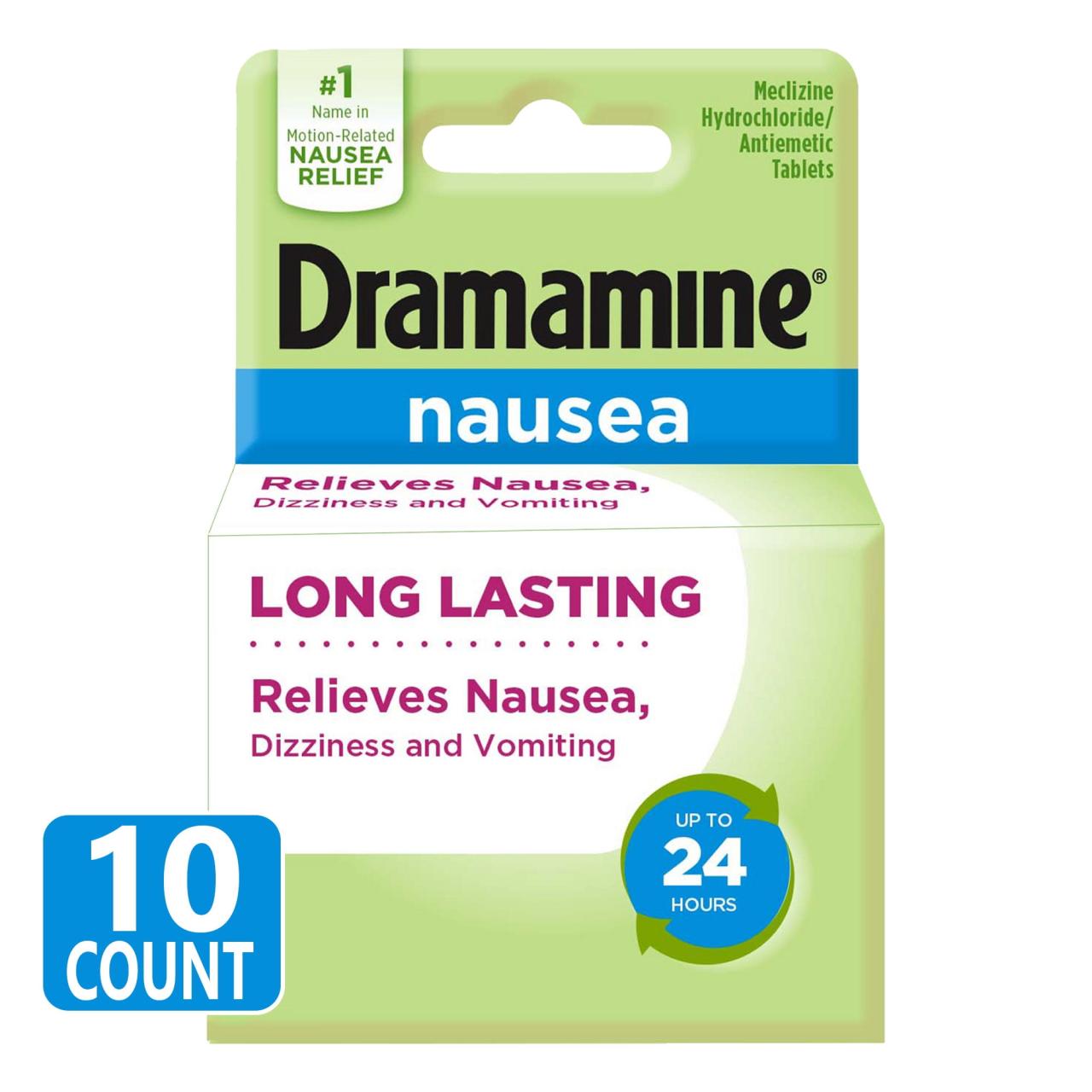
Over-the-counter (OTC) nausea medications provide relief from mild to moderate nausea and are readily available without a prescription. Common OTC options include:
- Antihistamines:Dimenhydrinate (Dramamine) and meclizine (Bonine) are effective for motion sickness and can be purchased over-the-counter.
- Pepto-Bismol:This medication contains bismuth subsalicylate, which has anti-inflammatory and anti-diarrheal properties. It can be helpful for nausea and indigestion.
- Ginger:Ginger is a natural remedy often used to relieve nausea. It is available in various forms, including capsules, tablets, and teas.
The effectiveness of OTC nausea medications can vary depending on the individual and the underlying cause of nausea. It’s essential to choose the right medication based on your symptoms and needs. If OTC medications do not provide relief or if your nausea is severe or persistent, it’s crucial to seek medical attention.
Prescription Nausea Medications
Prescription nausea medications, often referred to as antiemetics, are available for more severe or persistent nausea. These medications are typically prescribed by a healthcare professional and may be used for various conditions:
- Chemotherapy-Induced Nausea and Vomiting (CINV):Medications like ondansetron (Zofran), granisetron (Kytril), and aprepitant (Emend) are commonly used to prevent and treat CINV.
- Postoperative Nausea and Vomiting (PONV):Medications like ondansetron (Zofran) and droperidol (Inapsine) are often prescribed to prevent PONV.
- Motion Sickness:Scopolamine (Transderm Scop) is a prescription patch used to prevent motion sickness.
- Gastrointestinal Disorders:Medications like metoclopramide (Reglan) and prochlorperazine (Compazine) may be prescribed for nausea associated with gastrointestinal disorders.
Prescription nausea medications can have potential side effects, and it’s essential to discuss these with your healthcare provider. It’s also crucial to follow the prescribed dosage and administration instructions carefully.
Natural Remedies for Nausea
In addition to medications, various natural remedies can help alleviate nausea. These remedies often have fewer side effects than conventional medications and can be used alongside them.
- Ginger:Ginger is a natural anti-inflammatory and antiemetic. It can be consumed in various forms, including ginger tea, ginger ale, and ginger capsules.
- Peppermint:Peppermint oil is known to soothe the digestive system and reduce nausea. It can be taken as a capsule, tea, or added to food.
- Acupuncture:Acupuncture is a traditional Chinese medicine technique that involves inserting thin needles into specific points on the body. It can be helpful for nausea and vomiting, particularly those associated with chemotherapy.
While natural remedies can be effective for nausea, it’s essential to use them safely and appropriately. It’s always best to consult with a healthcare professional before trying any new remedy, especially if you have any underlying medical conditions.
When to Seek Medical Attention
While nausea often resolves on its own, there are specific situations where it’s crucial to seek medical advice.
- Severe or Persistent Nausea:If your nausea is severe, lasts for more than a few days, or doesn’t respond to home remedies, it’s essential to consult a healthcare professional.
- Nausea Accompanied by Other Symptoms:If your nausea is accompanied by fever, vomiting, abdominal pain, blood in your stool, or weight loss, it’s crucial to seek medical attention.
- Nausea in Children or Pregnant Women:If your child or a pregnant woman experiences nausea, it’s essential to seek medical advice, as it could be a sign of a serious medical condition.
Untreated nausea can lead to dehydration, electrolyte imbalances, and other complications. It’s essential to seek medical attention if your nausea is severe or persistent or if you have any concerns about your health.
Closure
Understanding nausea medication options empowers you to make informed decisions about your health and well-being. Whether you’re seeking temporary relief or a long-term solution, this guide equips you with the knowledge to navigate the landscape of nausea treatment. Remember, if you’re experiencing persistent or severe nausea, it’s essential to consult a healthcare professional for proper diagnosis and treatment.

